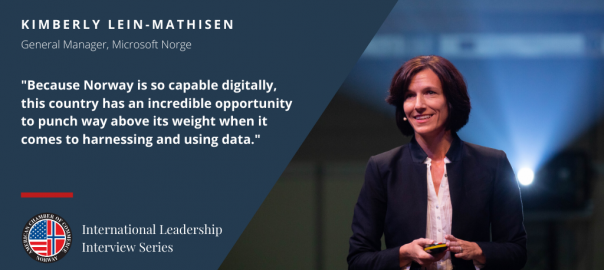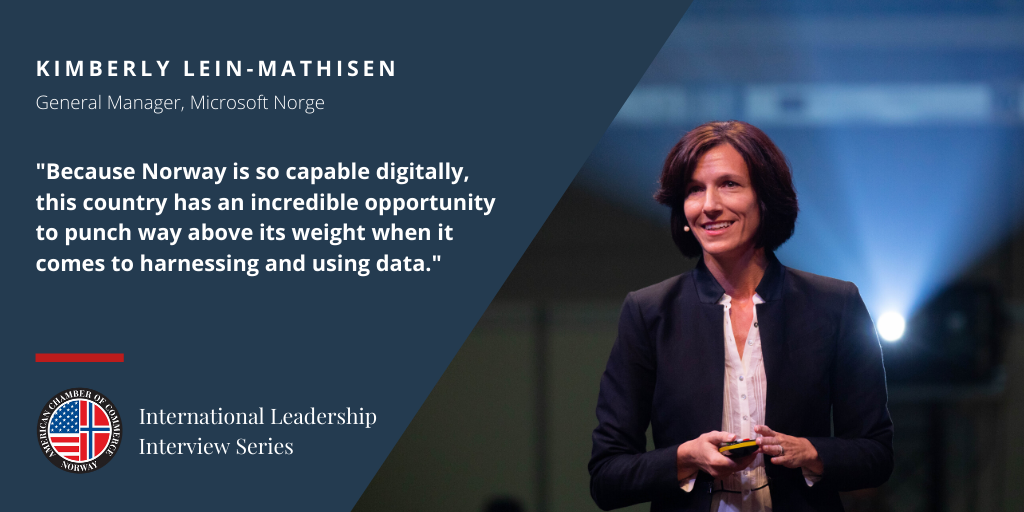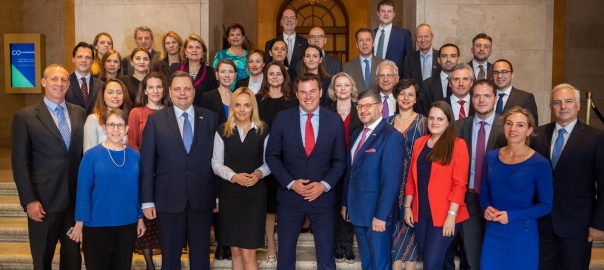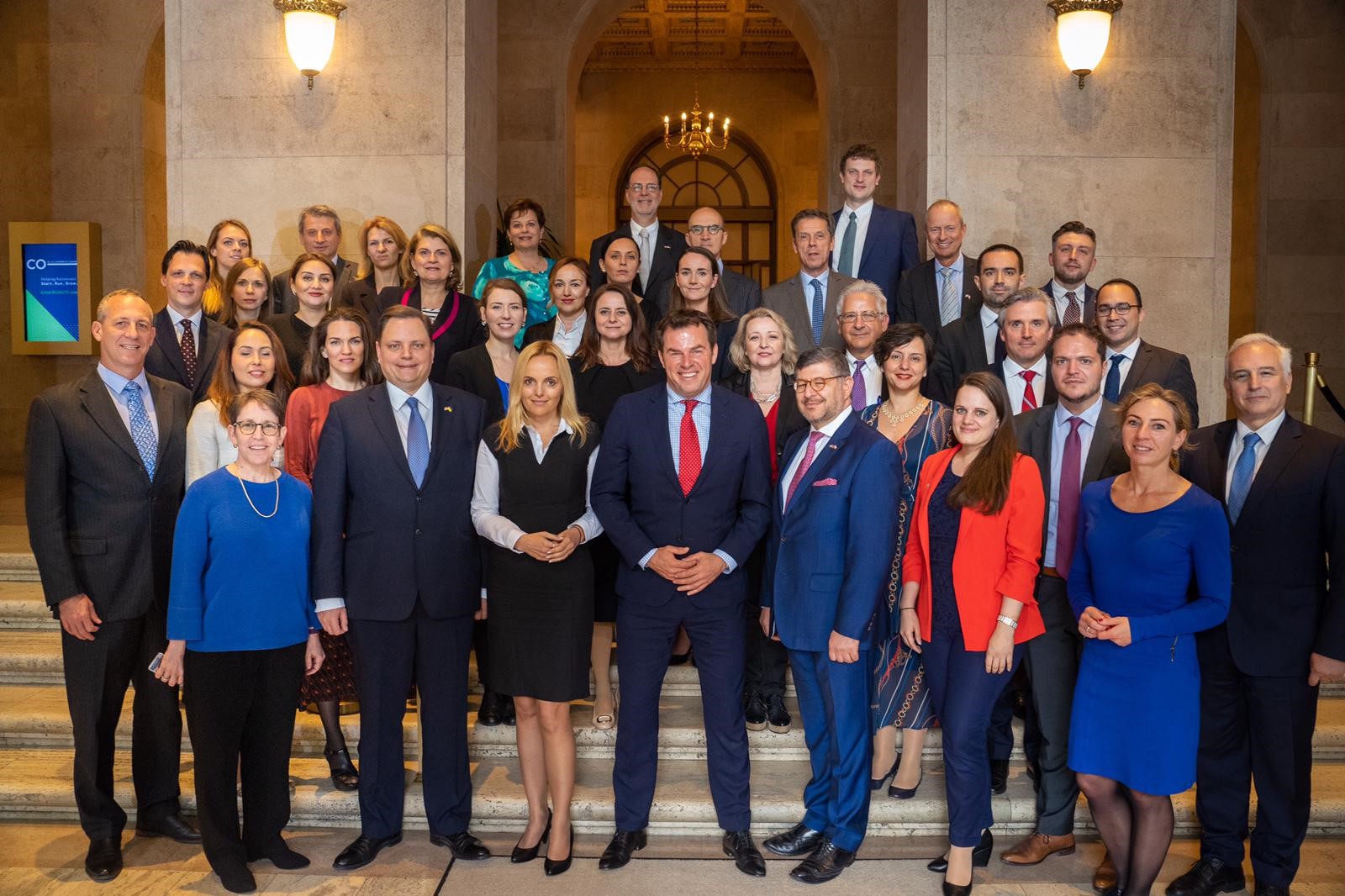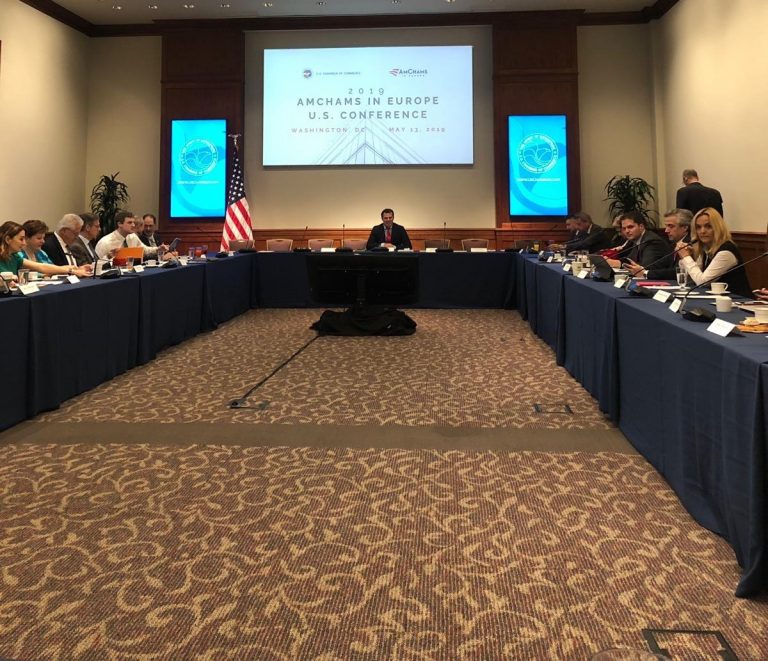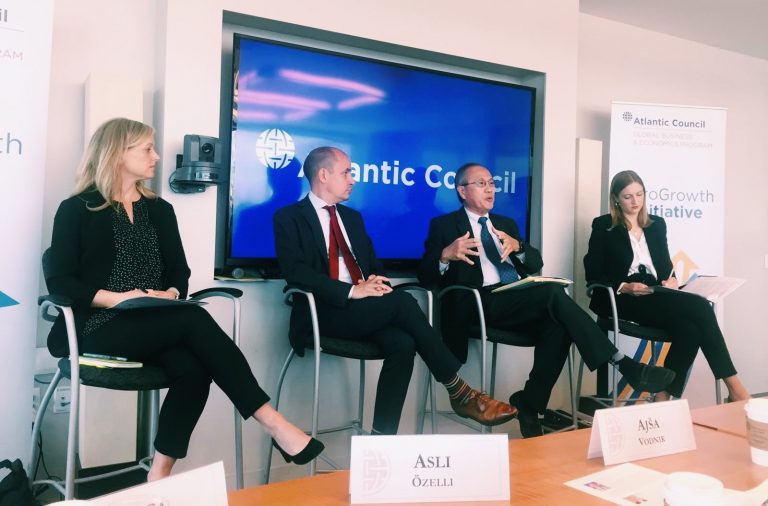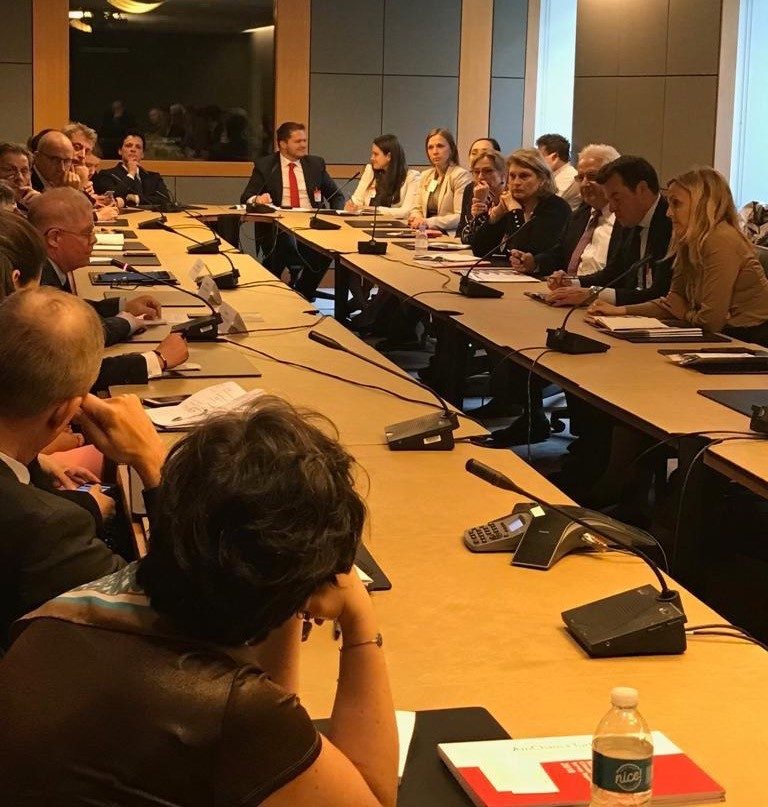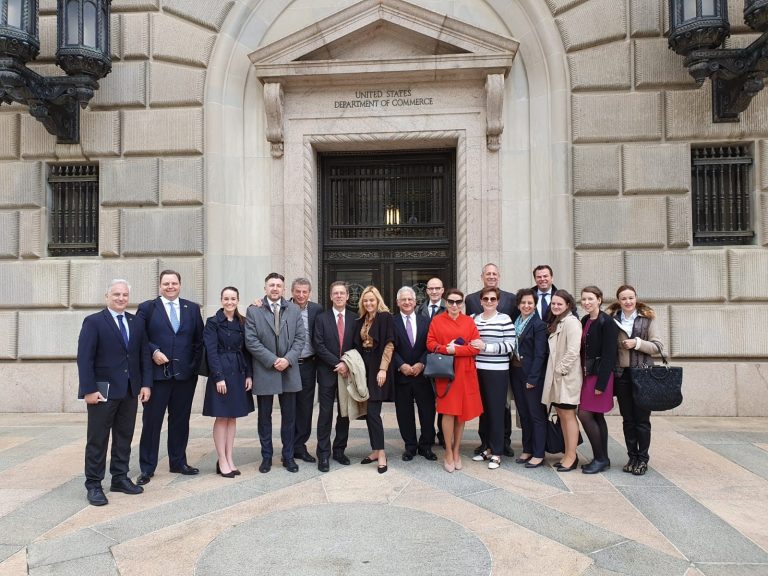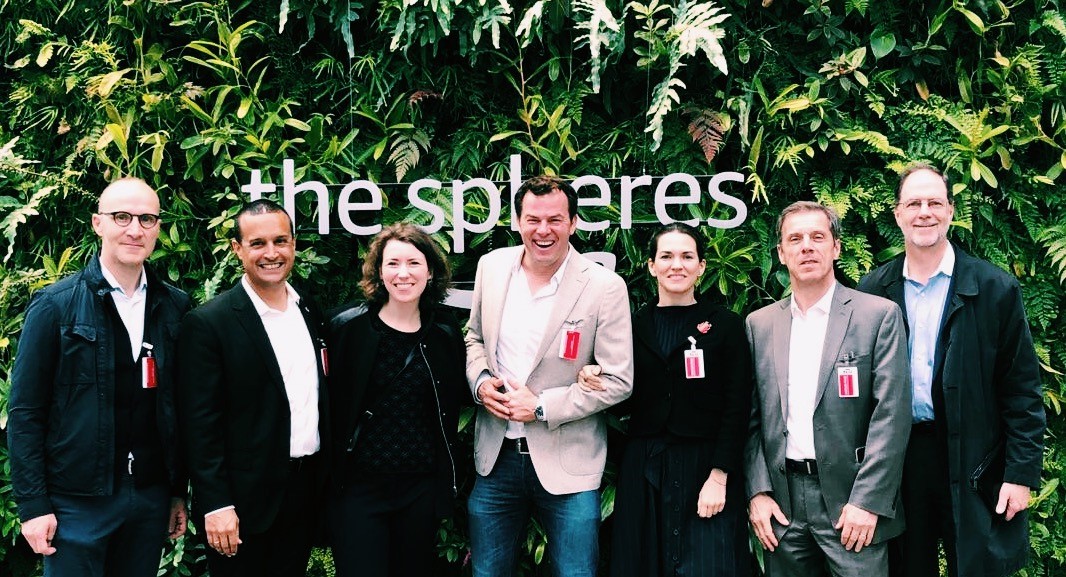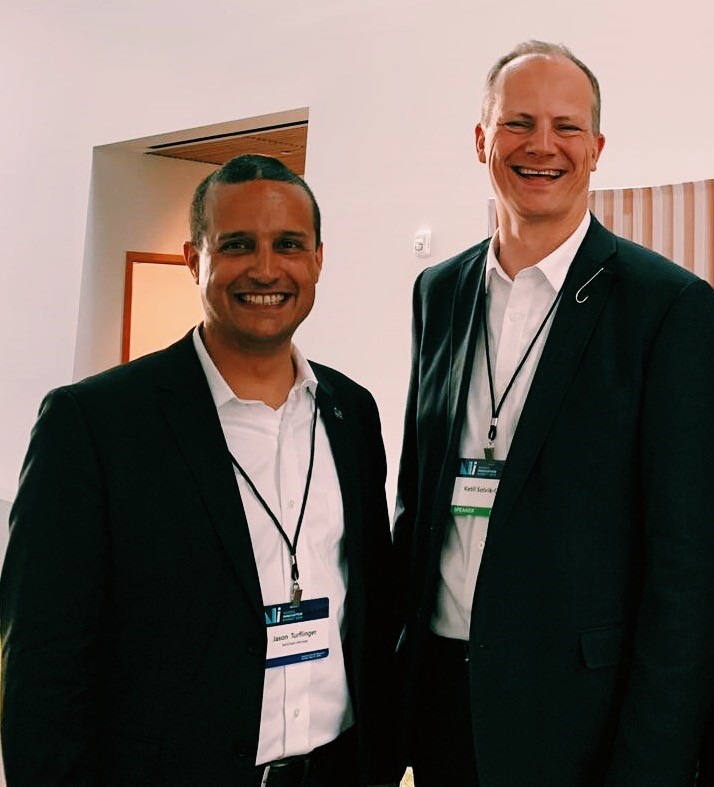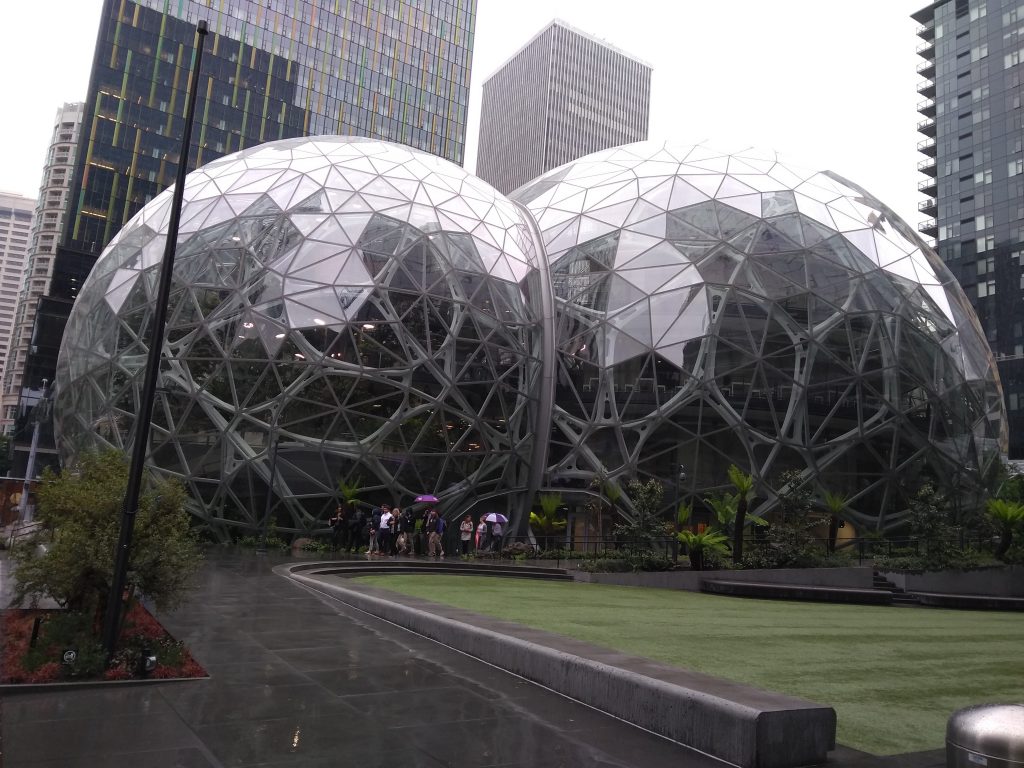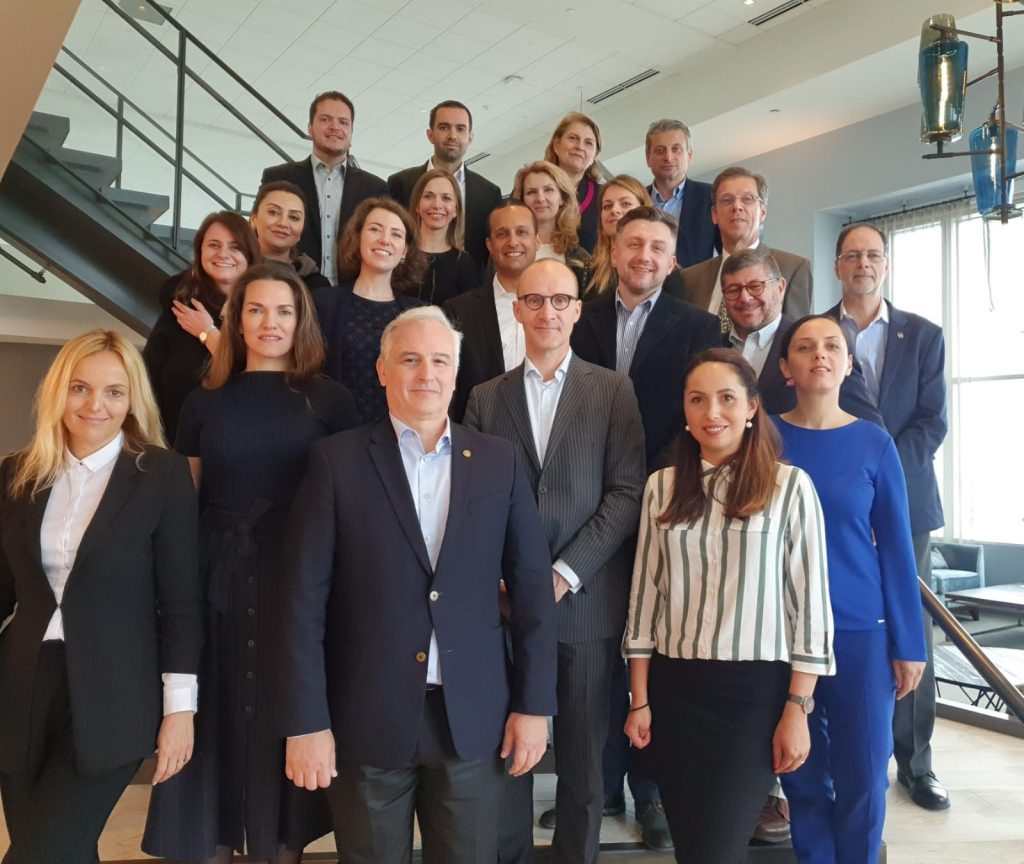THE HAGUE / STAVANGER – Royal Dutch Shell and Norwegian Energy Company Equinor will develop the next generation of Shell Inventory Optimizer, a solution that leverages advanced analytics on historical data to optimize operational spare part inventory levels. Building on news of the recent Strategic Alliance with Shell, Microsoft will be supporting Shell and Equinor with the co-development of the tool, which runs on Microsoft Azure.
The goal is for energy companies to have better control over available equipment and to optimize stock levels. Since first deployment in 2017, this proprietary solution has been deployed across Shell’s Upstream, Manufacturing and Integrated Gas assets globally, generating millions of dollars in value through optimized stock levels.
In March 2020, Shell and Equinor signed a Digital Collaboration Agreement to work together on digital projects in areas of mutual benefit (and in compliance with all applicable laws and regulations, including competition and anti-trust laws). Next generation Shell Inventory Optimizer is the first collaboration to take-place under this agreement.
Dan Jeavons, General Manager Data Science at Shell, said “The collaboration to co-develop the next stage of Shell Inventory optimizer with Equinor is an important milestone for both our companies; it speaks to the digital cultural and technical strengths we share, and our history of successful collaborations in the supply chain domain and the value we can achieve working in partnership. I look forward to further collaboration with Equinor in the supply-chain and decarbonization domain, with the continued support of our mutual partner Microsoft.”
The co-development project will be run through a joint engineering team with digital specialists from Shell, Equinor and Microsoft all contributing. The tool integrates Microsoft Azure Machine Learning, Azure Databricks and Azure Datalake and will see the Shell Inventory Optimizer enhanced with new features to further optimize the algorithm, driving the recommendations and an improved user experience. Both Equinor and Shell users will benefit from these new features. For Equinor, this tool could reduce inventory inflow with as much as 13%, which could save millions.
Oddvar Vermedal, VP Emerging Digital Technology for Equinor’s Digital Centre of Excellence, said “We see many mutual benefits as both companies have applied cloud-based digital solutions as an approach to our industry’s digital transformation. Such collaborations are increasingly important to improve safety, increase value creation, reduce emissions and develop low carbon solutions by applying digital technologies. The first step with the initiative will be to safeguard our operations by rightsizing the inventory level. This will reduce the inventory inflow and establish optimized level of inventory stocks in Equinor. The next step in the co-development will focus on reducing carbon footprint in our supply chain. Therefore, this collaboration is an important step in our digital transformation journey”.
Microsoft will be working with Shell and Equinor to the develop the next evolution of Shell Inventory Optimizer, running on Microsoft Azure.
“We are committed to supporting the transformation of the energy sector, co-developing solutions with organizations such as Shell and Equinor that aid in the energy transition,” said Darryl Willis, vice president of Energy, Microsoft. “Digital technology is transforming key industry areas such as the supply chain and we’re continuing to provide new digital solutions that support carbon reduction ambitions and advance the transition to a net-zero emissions future.”
The collaboration is the first of a series of planned co-innovation initiatives across the wider energy value chain (including themes such as maintenance, production optimization and supply chain management) which are in development.

